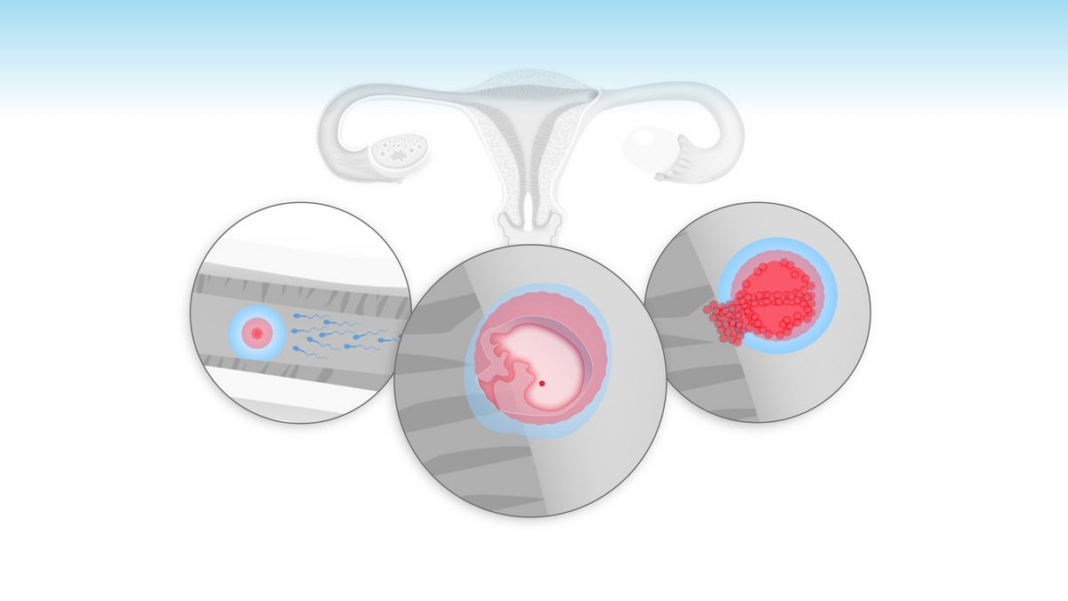Understanding the Leading Birth Control Methods: Do They Cause Abortions?
Defining pregnancy might seem straightforward, yet there is disagreement among medical professionals and some conservative politicians about what it actually means and whether certain birth control methods can lead to abortion.
Experts in reproductive health argue that many misconceptions arise from a lack of knowledge regarding human reproduction. They emphasize that most birth control methods prevent egg and sperm from meeting, and thus there is no fertilization and no pregnancy can occur.
To clarify these points, YSL News explores the biology behind pregnancy:
What Defines Pregnancy?
According to the University of California, San Francisco, nearly half of all fertilized eggs are lost before a woman realizes she is pregnant.
Evaluating Birth Control Methods: From Least to Most Effective
To help demystify this topic, here’s a list of various popular birth control methods, their mechanisms, and their effectiveness rates:
Fertility Awareness
Effectiveness: 77% to 98%
Avoid intercourse for the eight days in each cycle when eggs may be present.
Condoms
Effectiveness: 87%
Prevents sperm from entering the vagina during sex.
Birth Control Pills
Effectiveness: 93%
A daily pill that stops eggs from being released by the ovaries.
Birth Control Shot
Effectiveness: Over 96%
A shot administered every three months to inhibit ovulation.
Emergency Contraception
Effectiveness: Over 97% – 99% (Most effective within 24 hours; can be taken up to 5 days post-intercourse.)
Often referred to as “the morning after pill,” it works by delaying or preventing ovulation, not terminating an existing pregnancy. Emergency contraception should be taken within five days after unprotected sex.
IUD (Intrauterine Device)
Effectiveness: 99.2% to 99.8%
A small, flexible plastic device inserted into the uterus. Some IUDs contain copper; others release hormones and can last three to ten years.
The copper IUD alters sperm movement, preventing it from reaching the egg. Hormonal IUDs thicken cervical mucus, blocking sperm and sometimes inhibiting ovulation.
Birth Control Implant
Effectiveness: 99.9%
A small rod, similar in size to a matchstick, is placed under the skin of the upper arm, releasing a consistent low dose of the hormone progestin, which prevents ovulation and thickens cervical mucus to prevent sperm entry. This method lasts about five years.
Sterilization
Effectiveness: Over 99%
In females, the method involves blocking or removing the fallopian tubes so that no eggs can enter the uterus.
In males, the vas deferens are blocked to prevent sperm release.

